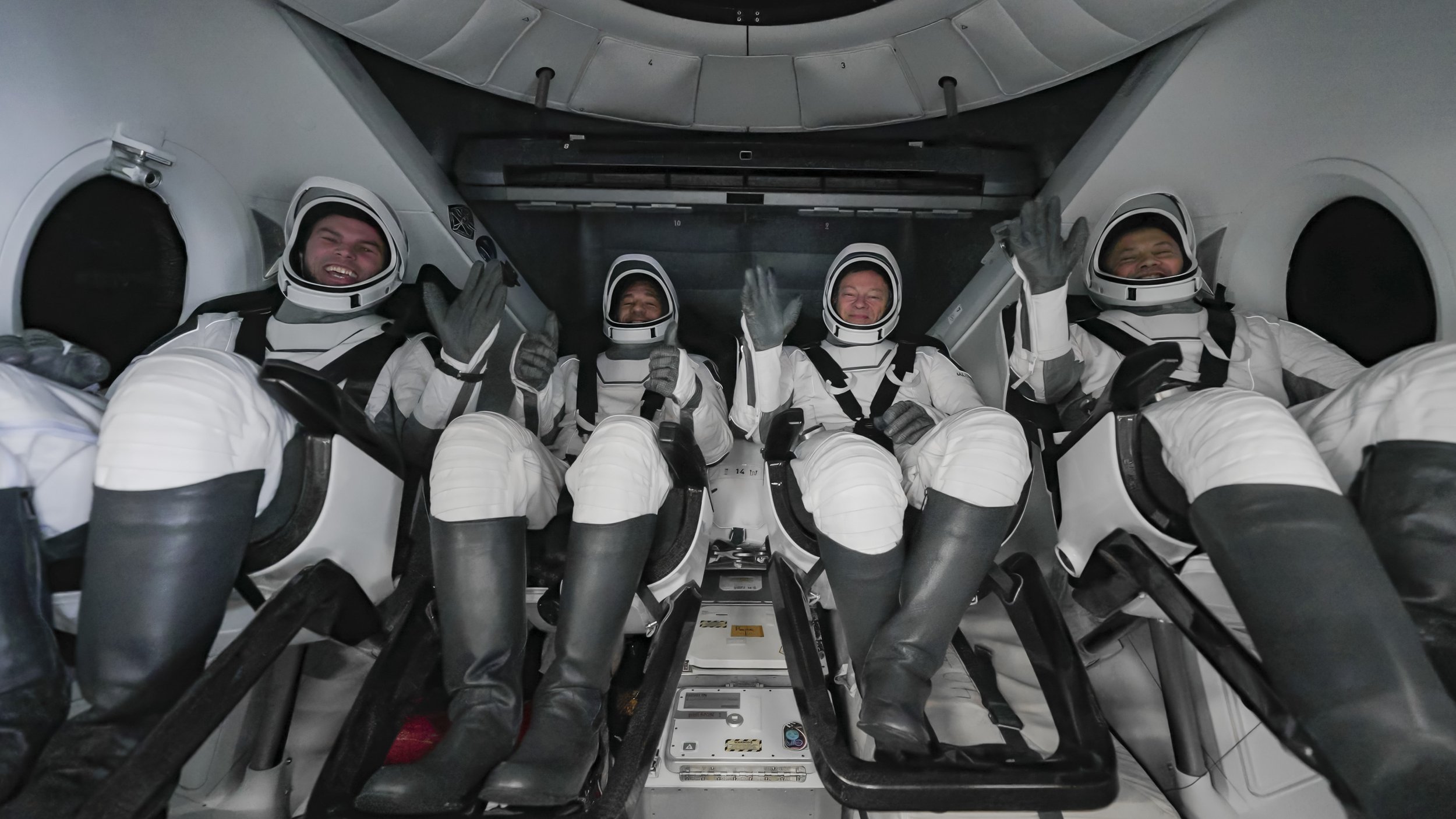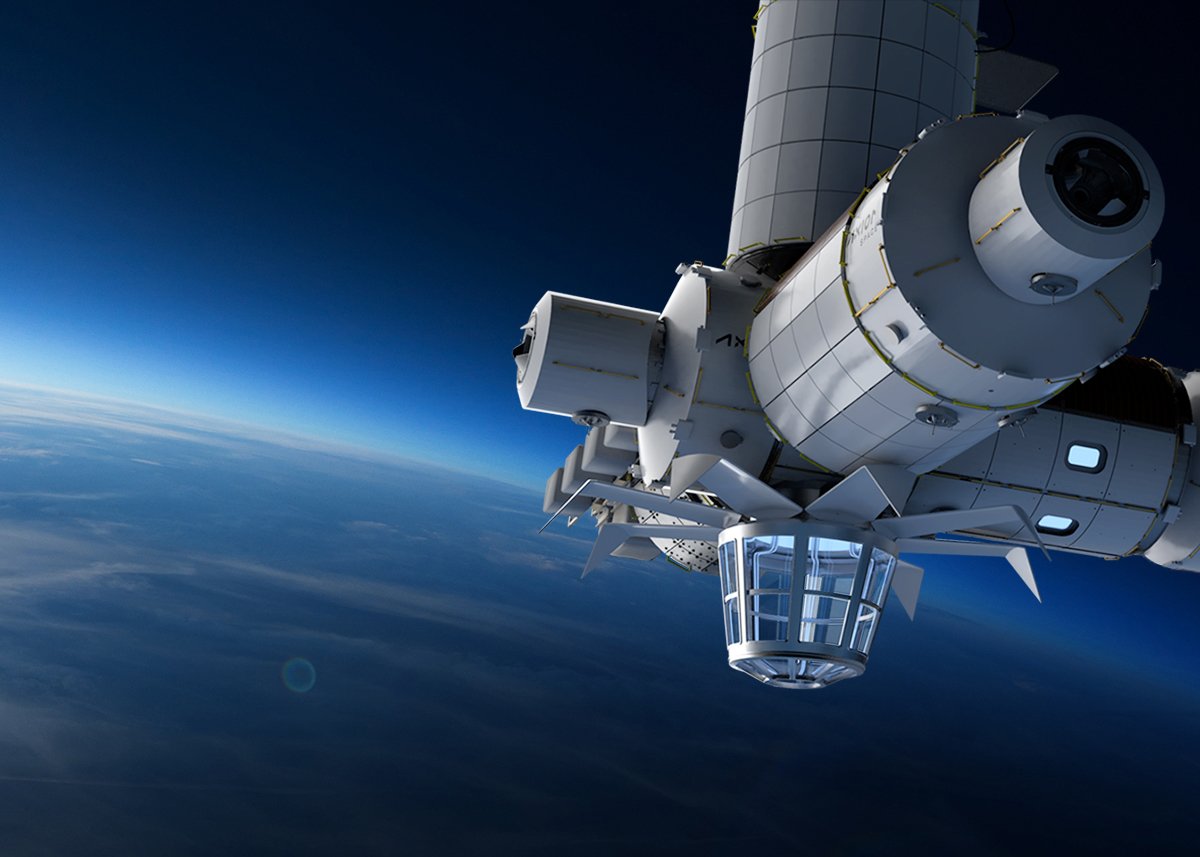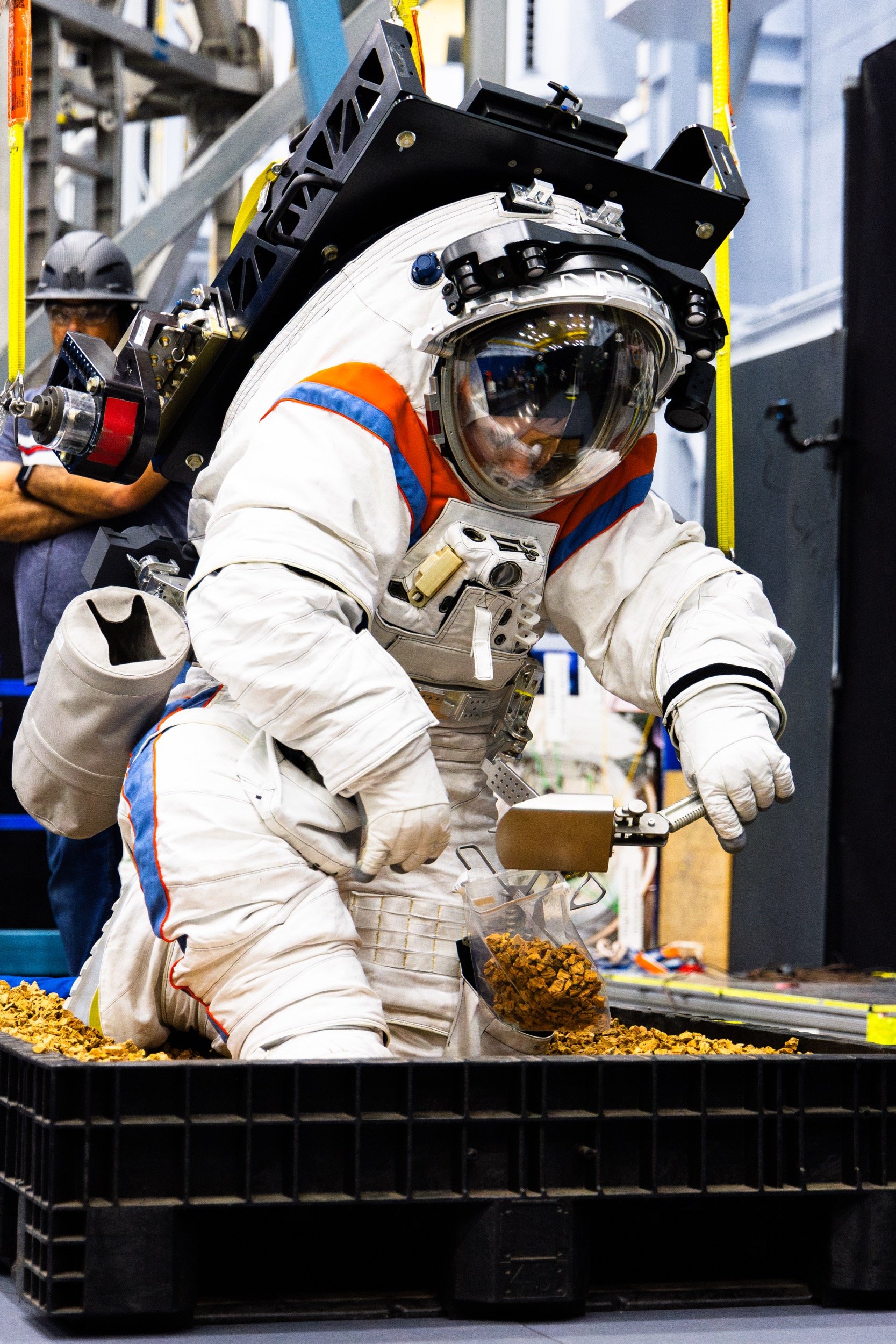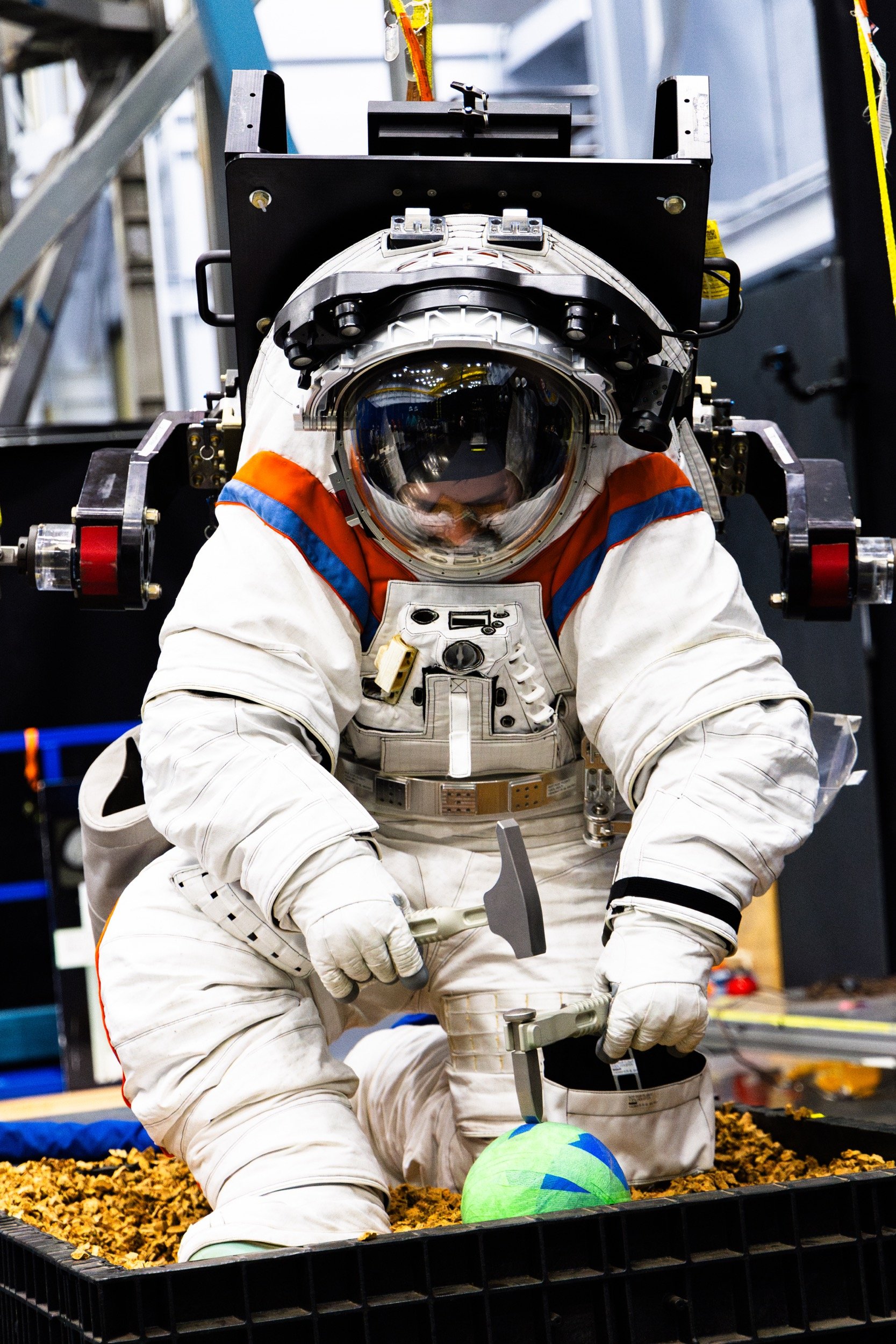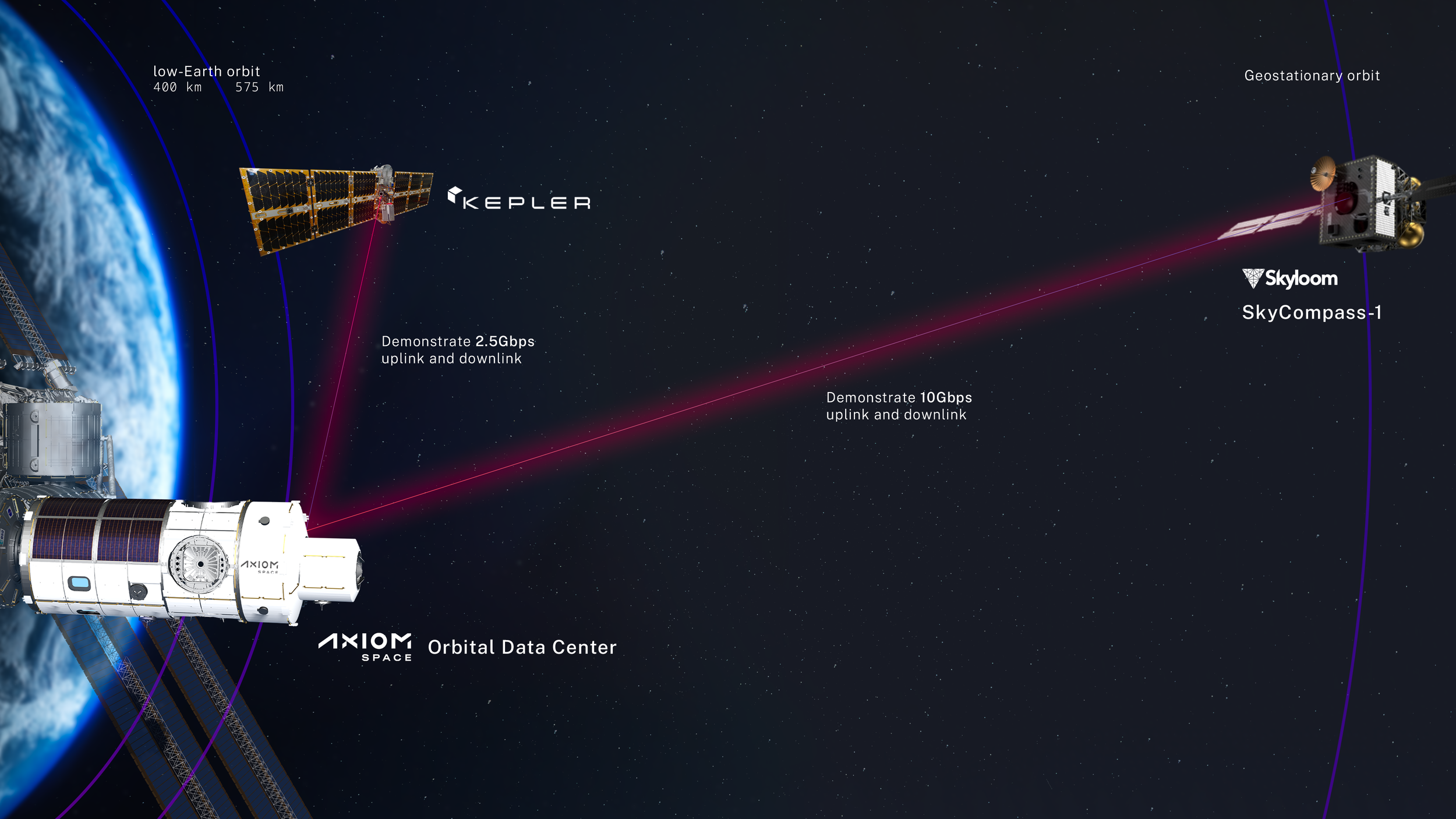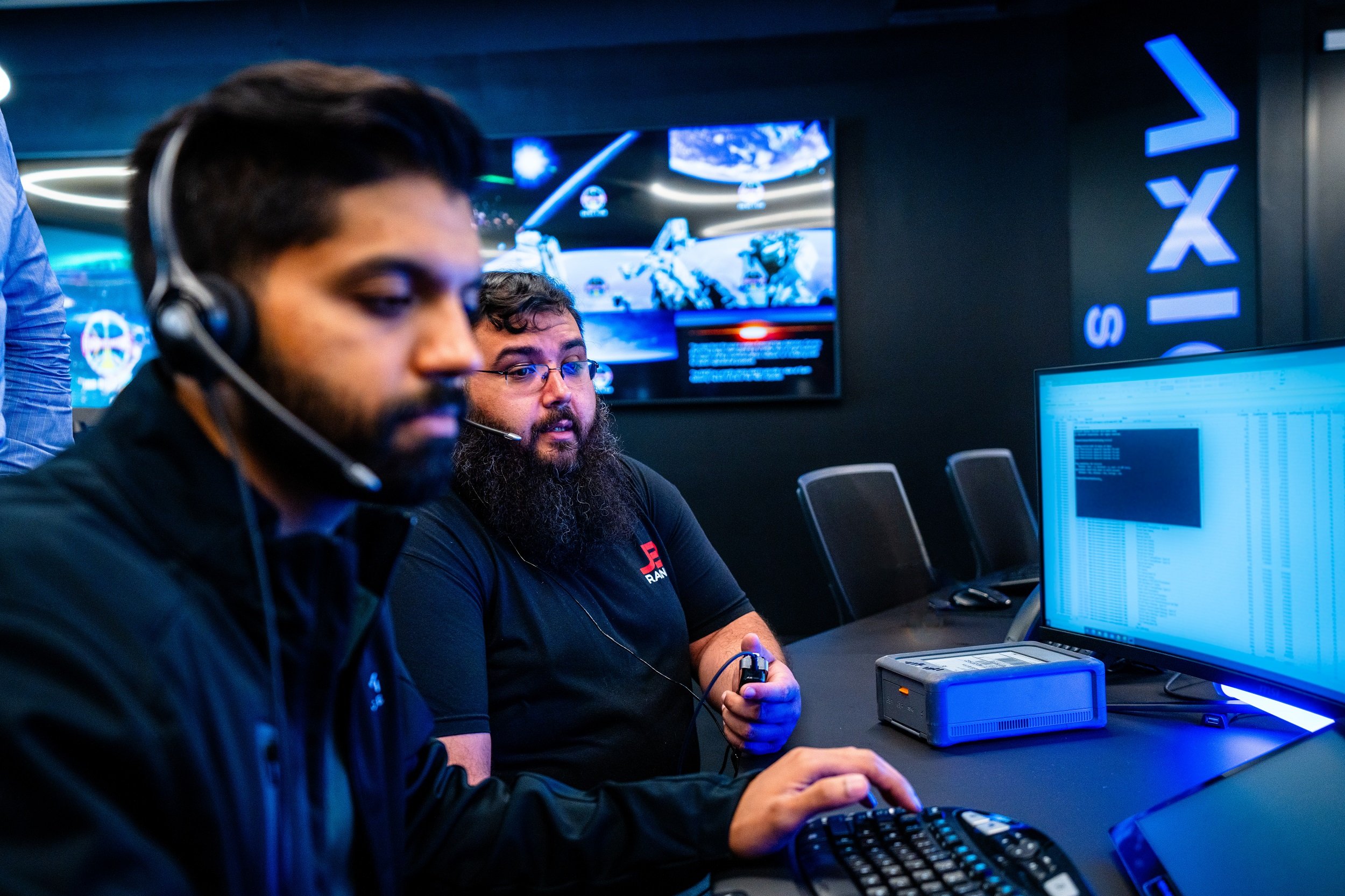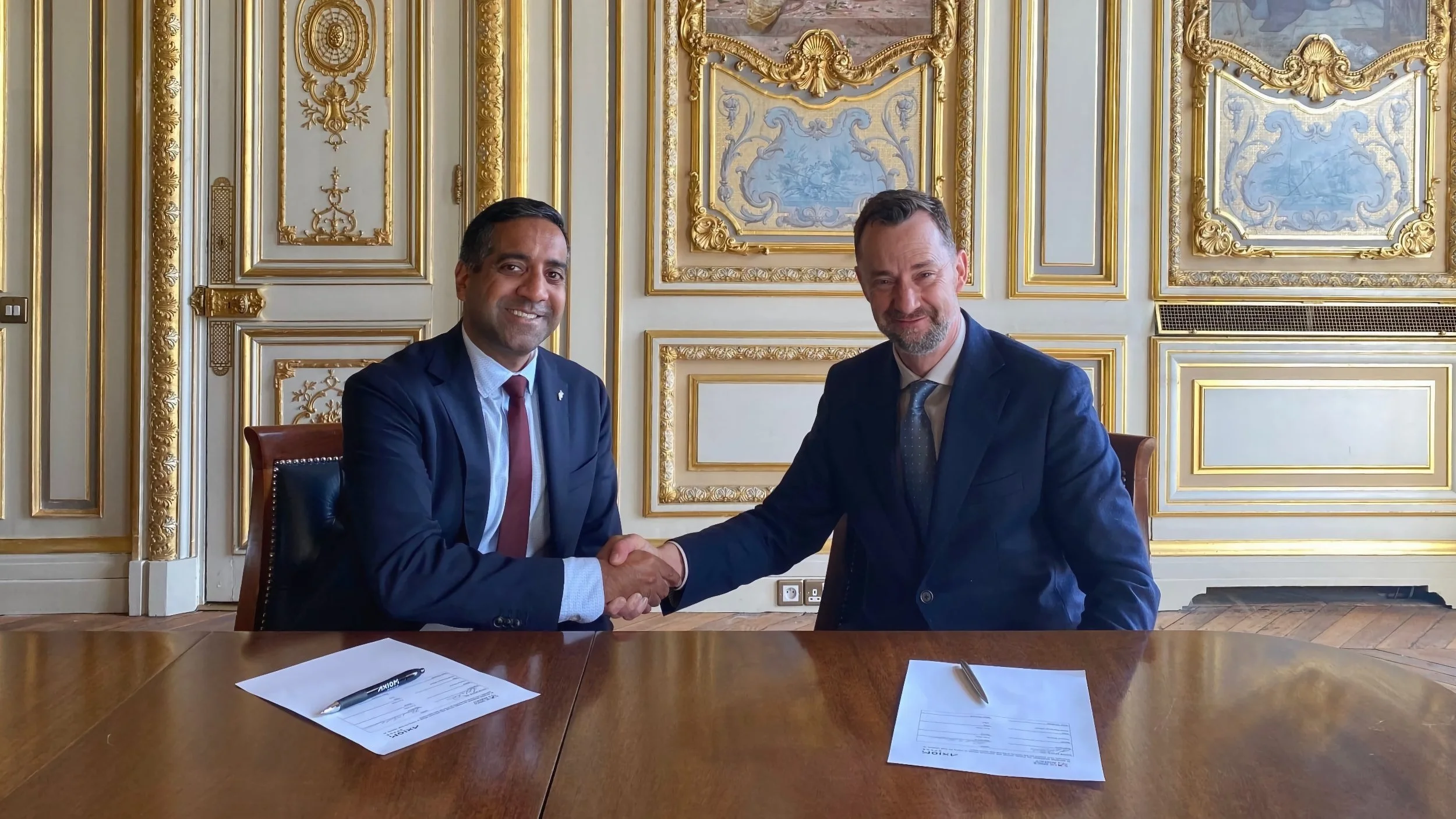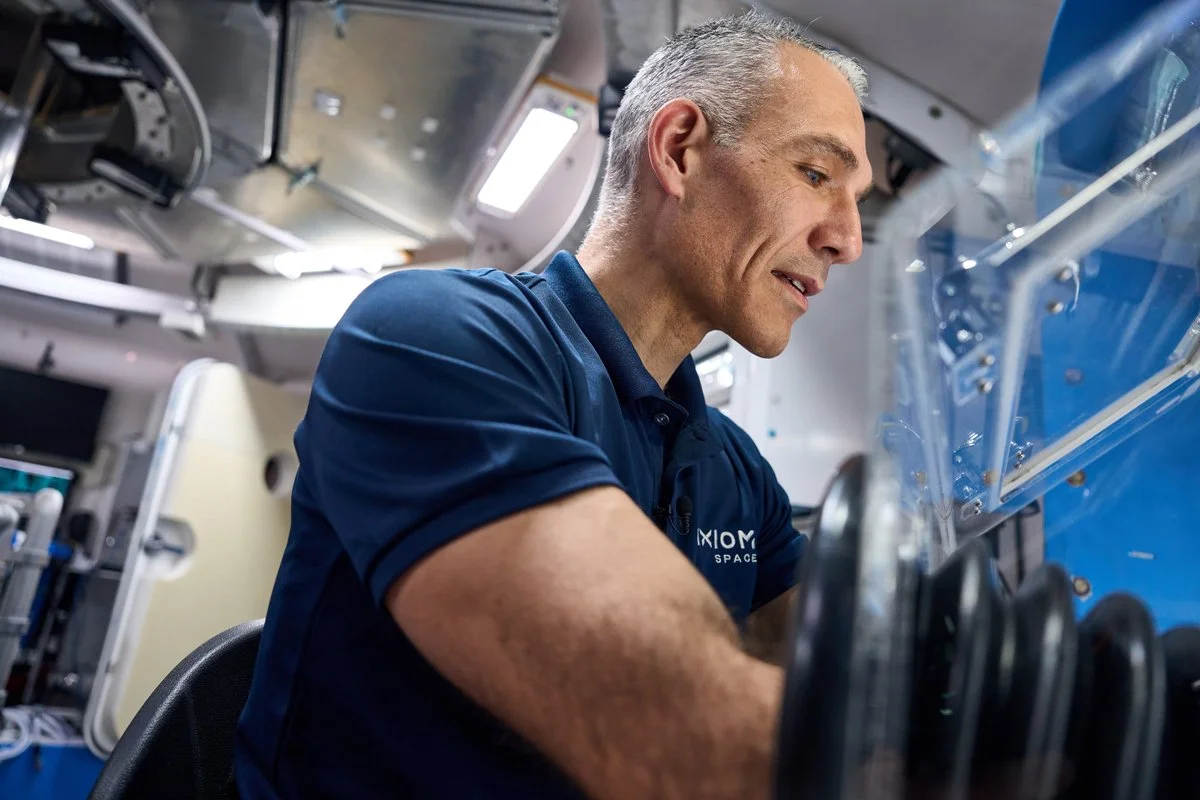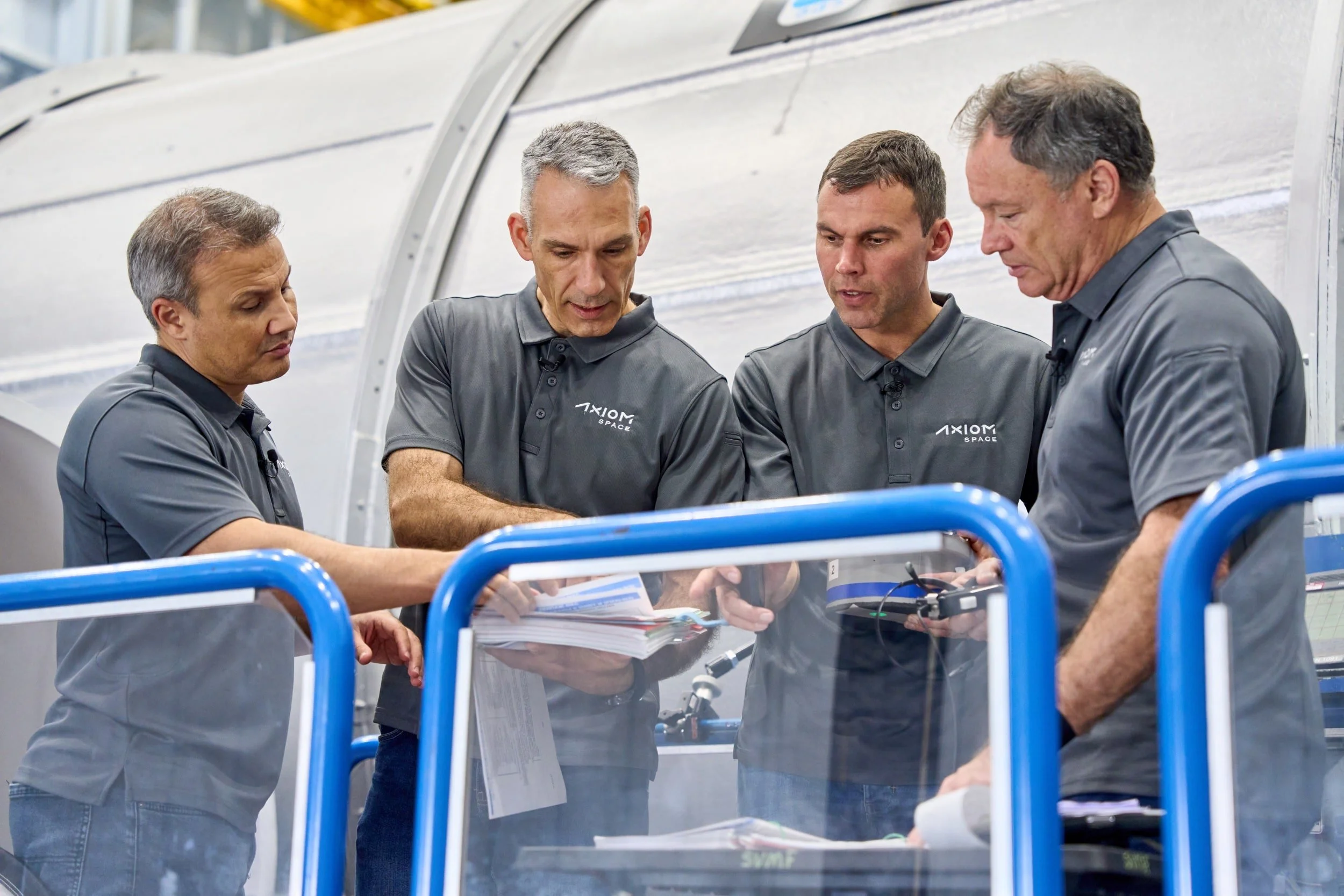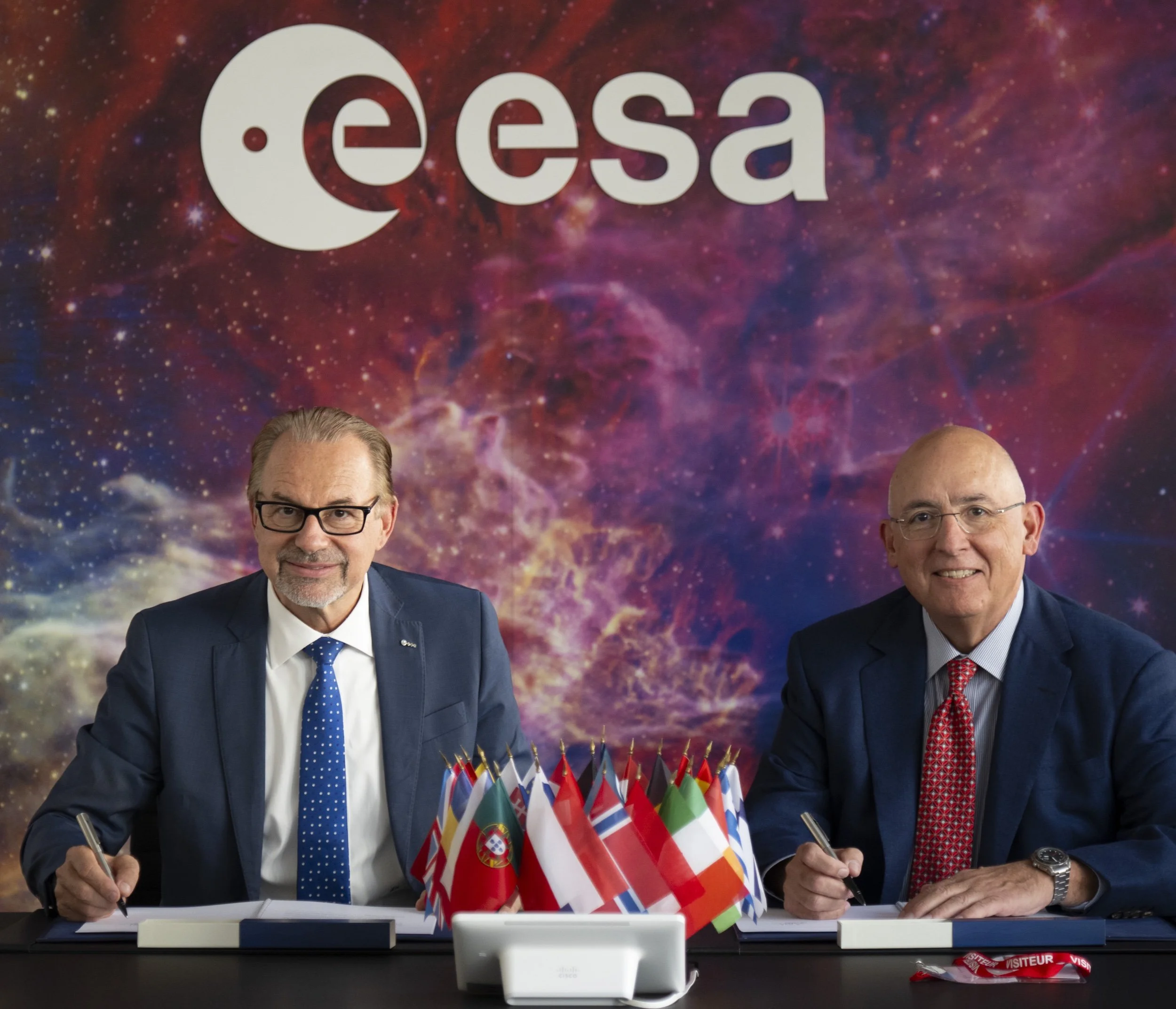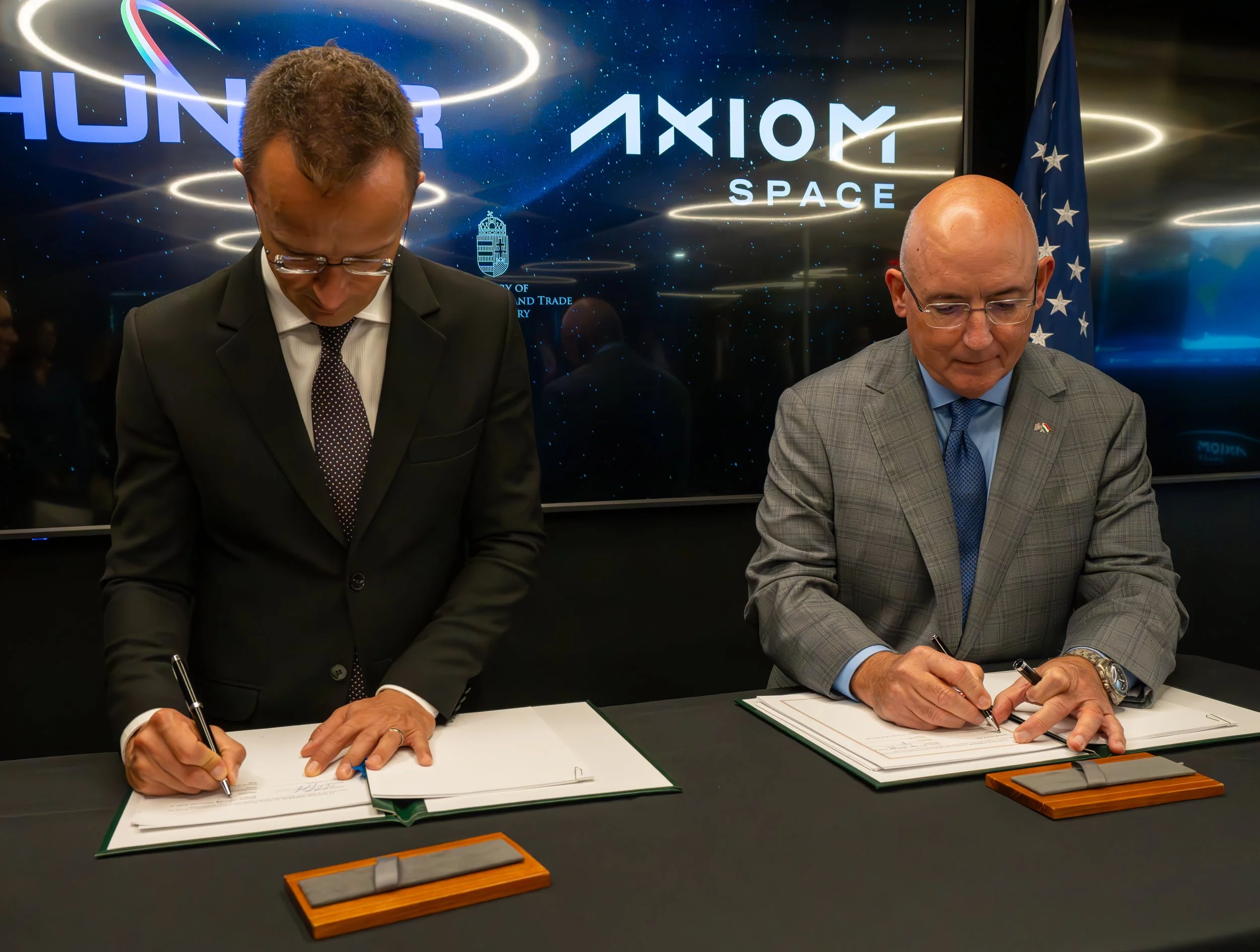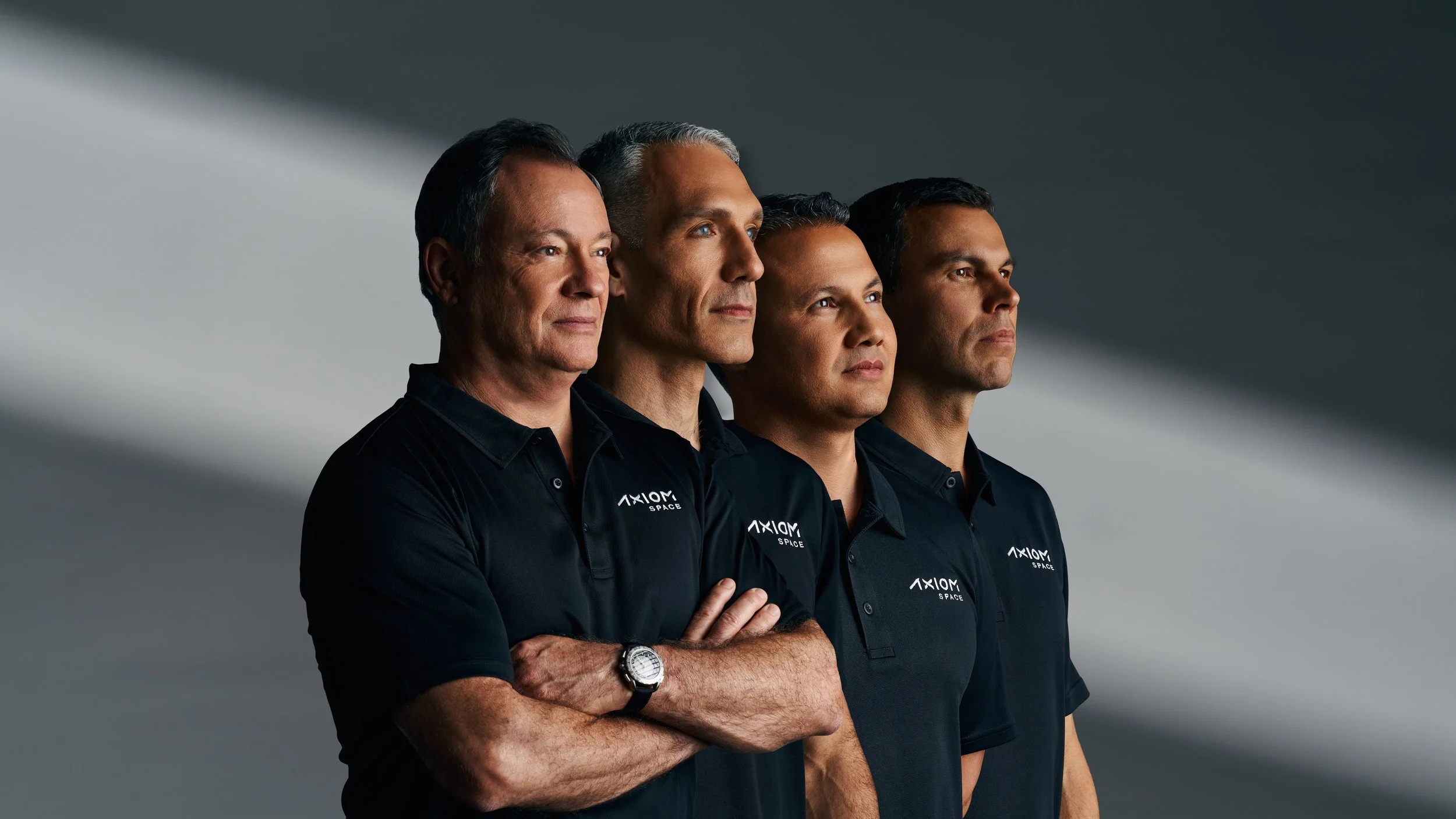Axiom Space announced today further details on the groundbreaking science research and technology demonstrations planned for the upcoming Axiom Mission 3 (Ax-3) to the International Space Station (ISS). The Ax-3 crewmembers will represent their nations and perform scientific experiments and demonstrations in low-Earth orbit (LEO) that are of high national importance.
Axiom Space is also partnering with many scientific organizations to continue understanding the effects of spaceflight on the human body as well as explore opportunities of applied research in space to benefit health and medical treatments on Earth.
The Ax-3 astronauts will conduct more than 30 different experiments during their mission. Human research data collected on the ground before and after the mission as well as in flight will improve understanding of human physiology on Earth and in microgravity. Furthermore, this mission will harness opportunities for industrial advancements and develop technologies for humanity’s progress.
Unique to this mission, there is a strong focus on scientific portfolios led by European countries represented on the Ax-3 mission, to include Italy, Türkiye, and Sweden in partnership with the European Space Agency (ESA). Commercial and academic partnership activities also remain a strong focus for the Ax-3 mission, as Axiom Space leads in building a global research community and robust and sustainable economic ecosystem in LEO.
The Ax-3 crewmembers are Commander Michael López-Alegría of the US/Spain, Pilot Walter Villadei of the Italian Air Force, and Mission Specialists Alper Gezeravcı of Türkiye and Marcus Wandt of Sweden/ESA.
A SpaceX Falcon 9 rocket will launch the Ax-3 crew aboard a Dragon spacecraft to the ISS no earlier than January 2024 from NASA’s Kennedy Space Center in Florida.
SELECT AX-3 MISSION INVESTIGATIONS
Italy
The Italian portfolio consists of experiments led by the Italian Air Force (ItAF) and the Italian Space Agency (ASI), involving Italian universities, research centers, and companies wishing to leverage microgravity for biological and technological testing and development.
Evaluation of Endothelial Function in Personnel Exposed to Microgravity During Orbital Flight Activity
As human research led by ItAF, the endothelial function experiment will use a technique to assess the vascular health and reactivity of astronauts before, during, and after spaceflight. The results will be compared to measurements from non-orbital flight personnel. The goal of this project is to better understand how vascular health changes during space missions to enhance knowledge related to future long-duration human spaceflight missions.
Amyloid Aggregation Upgrade
Led by ASI, this project builds on previous work in microgravity to investigate the aggregation of amyloid beta (Aβ) proteins, which are implicated in neurodegenerative diseases such as Alzheimer’s. Microgravity can disrupt the normal folding and unfolding of proteins, leading to the formation of misfolded proteins that are more likely to aggregate. Analyzing these proteins in microgravity provides an opportunity to better understand the mechanism of their aggregation and the formation of amyloid plaques, which can ultimately help develop new treatments. The research could also help identify potential risks for neurodegeneration for long-duration human spaceflight missions.
Italian Space Operations Centre (ISOC) services for ISS
The ISOC services for ISS experiment aims to improve real-time space awareness with decentralized capabilities, providing an up-to-date space object catalogue and state-of-the-art algorithms to manage space safety. Using the systems onboard the ISS, ISOC will test the remote collection and process data needed to avoid collisions with resident space objects and to protect instrumentation from severe solar events.
Türkiye
Led by the Scientific and Technical Research Council of Türkiye (TUBITAK) and Turkish Space Agency (TUA), the Turkish portfolio has a strong focus on advanced technological development of novel hardware and capabilities to further advance Türkiye’s goals as a space-faring nation and build on its successes in satellite development.
Clustered Regularly Interspaced Short Palindromic Repeats (CRISPR-Gem)
CRISPR is a groundbreaking genetic editing scientific technique that can be used to increase, decrease, insert, or remove genes from organisms. This work builds on previous microgravity research showing how microgravity affects the growth, movement, and genetics of plants, and could provide valuable insights into plant adaptation to extreme environments and help develop more resilient crops for agriculture.
Vokalkord
The Vokalkord experiment will focus on developing an artificial intelligence system to detect over 70 types of disease by analyzing audio data on respiratory, speaking, and cough sounds. This project further develops their software for use on Earth as a tool to identify and diagnose lung cancers, voice and vocal cord diseases, infectious diseases, and even cardiovascular and eye disease. This project also aims for the further development of a telemedicine application that can be used in space missions and space tourism.
Innovative Research on Novel Space Alloys (UYNA)
The UYNA experiment will investigate novel medium entropy and high entropy alloys (MEAs and HEAs respectively). These types of metal alloys are characterized by their high strength, toughness, and resistance to corrosion, and are of interest for potential applications in many industries, including space, aviation, automotive, energy, and medicine. The data from this experiment will help to improve our understanding of the formation and properties of MEA/HEA alloys, which could lead to the development of new and improved materials for a variety of applications.
ESA/Sweden
With a well-established and strong history in spaceflight, the ESA portfolio consists of projects and experiments that will continue to build on ESA’s mission to shape the development of Europe’s space capabilities and bring value to the citizens of Europe and the world.
The Analyzing Interferometer for Ambient Air-2 (ANITA-2)
The ANITA-2 project will sample air from the atmosphere on the ISS and automatically analyze trace contaminants. The system can recognize and quantify 33 trace gases via infrared light and identify unknown substances for additional analysis on the ground. This ongoing ESA project is part of ESA's technology development efforts for safe spaceflight in LEO and beyond.
Multi-Avatar and Robots Collaborating with Intuitive Interface (Surface Avatar)
The ESA-led Surface Avatar project is focused on developing robotic assets for space exploration, building infrastructure on planets and asteroids, and optimizing processes for data connections and communications relays. The applications of this project are also useful in scenarios such as arctic exploration, search and rescue in disaster zones, and under-sea maintenance.
Orbital Architecture
Architecture has been known to play a crucial role in shaping the physical and social environments, and it directly impacts human physical and psychological well-being. This study aims to investigate the effects of architectural settings, and their properties on astronaut’s cognitive performance, stress levels, and stress recovery rate. More specifically this activity looks to study if effects between the above-mentioned factors, observed in isolated and confined environments on Earth, and especially in space analog missions, are similarly observed in the environment of a space station.
Partnerships
As for previous missions, Axiom Space has partnered with many scientific organizations to continue to monitor the effects of spaceflight on the human body as well as explore opportunities of applied research in space to benefit health and medical treatments on Earth. Biological investigations into the development and treatment of certain cancers and neurological disorders are a strong focus for Ax-3.
National Stem Cell Foundation
Brain organoids are small 3D aggregates of neural cells that can be used to explore how the human nervous system develops or starts to degenerate. The Cosmic Brain Organoids project will use brain organoids derived from the stem cells of patients with the neurodegenerative diseases Parkinson's Disease and primary progressive Multiple Sclerosis to assess how microgravity affects the cells and uncover cellular pathways that could suggest novel therapeutic interventions for neurodegenerative diseases on Earth.
Sanford Stem Cell Institute
The Cancer in LEO project from the Sanford Stem Cell Institute (SSCI), in partnership with Axiom Space, is studying tumor organoids in microgravity with the aim of identifying the early warning signs of cancer for prediction and prevention of the disease. This project is part of the expanded Integrated Space Stem Cell Orbital Research (ISSCOR) collaboration between the Sanford Stem Cell Institute, JM Foundation, and Axiom Space, which aims to use microgravity to further understand stem cells, cancer, and aging-related effects in space to develop better prediction of disease and therapeutics for patients on Earth.
Translational Research Institute for Space Health (TRISH) Essential Measures
Following research conducted on Ax-1 and Ax-2, Axiom Space continues to work with TRISH to gather human physiological, behavioral, and biological data on how humans, especially commercial spaceflight participants, adapt to space. Results can also help inform Earth-based research into eye or movement disorders and the cognitive and emotional impacts of isolated, confined, or stressful environments.
Bodewell Skincare Study
The Bodewell Skincare study on Ax-3, sponsored by Procter and Gamble, will look at how effective Bodewell moisturizing cream—a specially-developed skin care product for people with eczema and psoriasis—is for preventing skin challenges that astronauts may experience in microgravity.
Axiom Space and its partners will be releasing more details on the research conducted during the Ax-3 mission in the weeks to come; you can find more information here.

